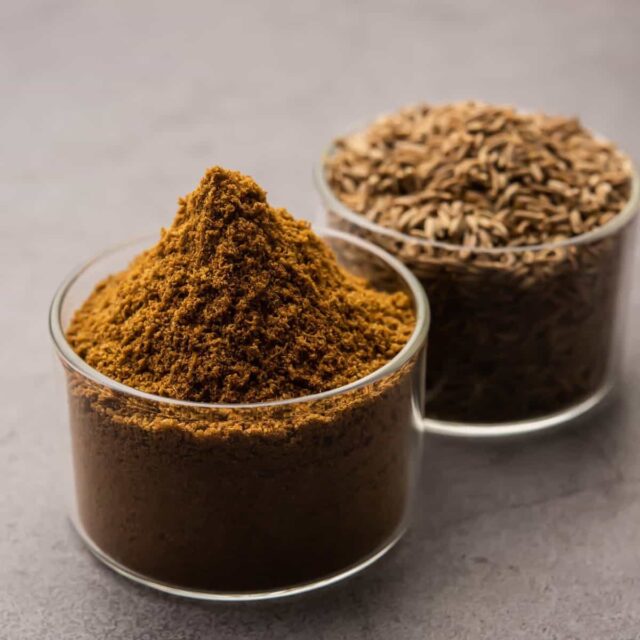Pregnancy is a crucial period for both the mother and the baby. Expecting mothers must ensure that they consume a balanced diet and avoid certain foods that can pose a risk to the baby’s health. One such food item that raises a question during pregnancy is cumin. Cumin is an essential spice used in many cuisines worldwide.
What is Cumin, and Why is it Popular?
Cumin is a spice that belongs to the Apiaceae family. It is a flowering plant grown mainly in the Middle East, India, and China. Cumin has a warm, earthy, and slightly bitter taste, and it’s an integral part of many dishes worldwide. Cumin is used as a flavoring agent in soups, stews, and curries. It is also used in spice blends such as garam masala and chili powder.
Is Cumin Safe to Consume During Pregnancy?
Cumin is safe to consume during pregnancy, and it can even provide certain benefits. It is rich in iron, which is essential for pregnant women as they require higher amounts of iron during pregnancy. Iron is necessary for the formation of hemoglobin, which is responsible for carrying oxygen to the baby.
Cumin also has anti-inflammatory properties that can reduce inflammation in the body. Pregnancy can cause swelling in the body, and consuming cumin can help alleviate it. Additionally, cumin has antimicrobial properties that can protect the body against harmful microorganisms.
How Much Cumin Can You Consume During Pregnancy?
Pregnant women can consume cumin in moderation as part of their regular diet. The recommended daily intake of cumin is around one to two teaspoons. However, it is essential to keep in mind that consuming excessive amounts of cumin can lead to certain health risks. Consuming too much cumin can cause heartburn, indigestion, and acid reflux. Cumin can also lower blood sugar levels, which can be dangerous for pregnant women with gestational diabetes. Therefore, it is crucial to consume cumin in moderation and consult a doctor before making any dietary changes.
Although cumin is generally safe to consume during pregnancy, certain precautions must be taken to ensure the safety of the mother and the baby. Pregnant women should always consume fresh, properly stored cumin, and avoid consuming it in excess.
Furthermore, pregnant women should always buy cumin from a trusted source and check the label for any additives or preservatives. Pregnant women should also avoid consuming cumin supplements or cumin oil, as they can have adverse effects on pregnancy.
It is always advisable to consult a doctor before making any significant dietary changes during pregnancy. A doctor can provide the necessary guidance on what foods to consume and what to avoid ensuring a healthy and safe pregnancy.







